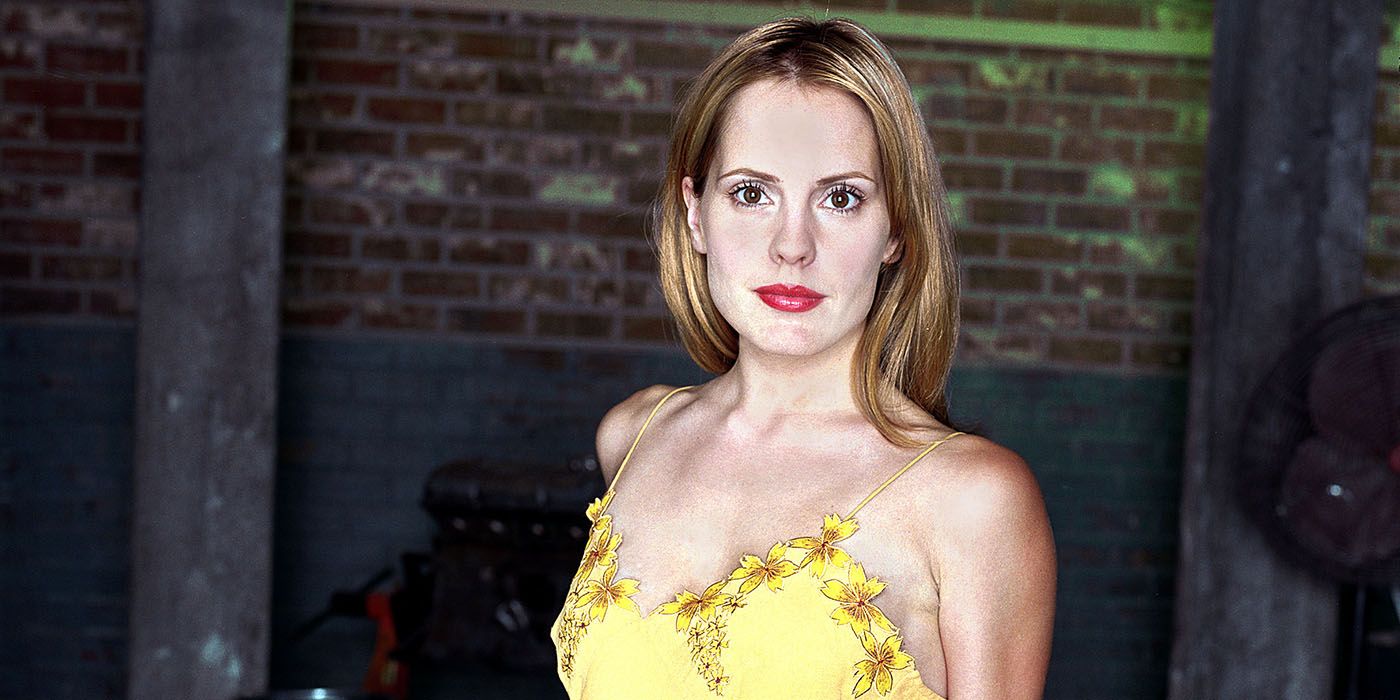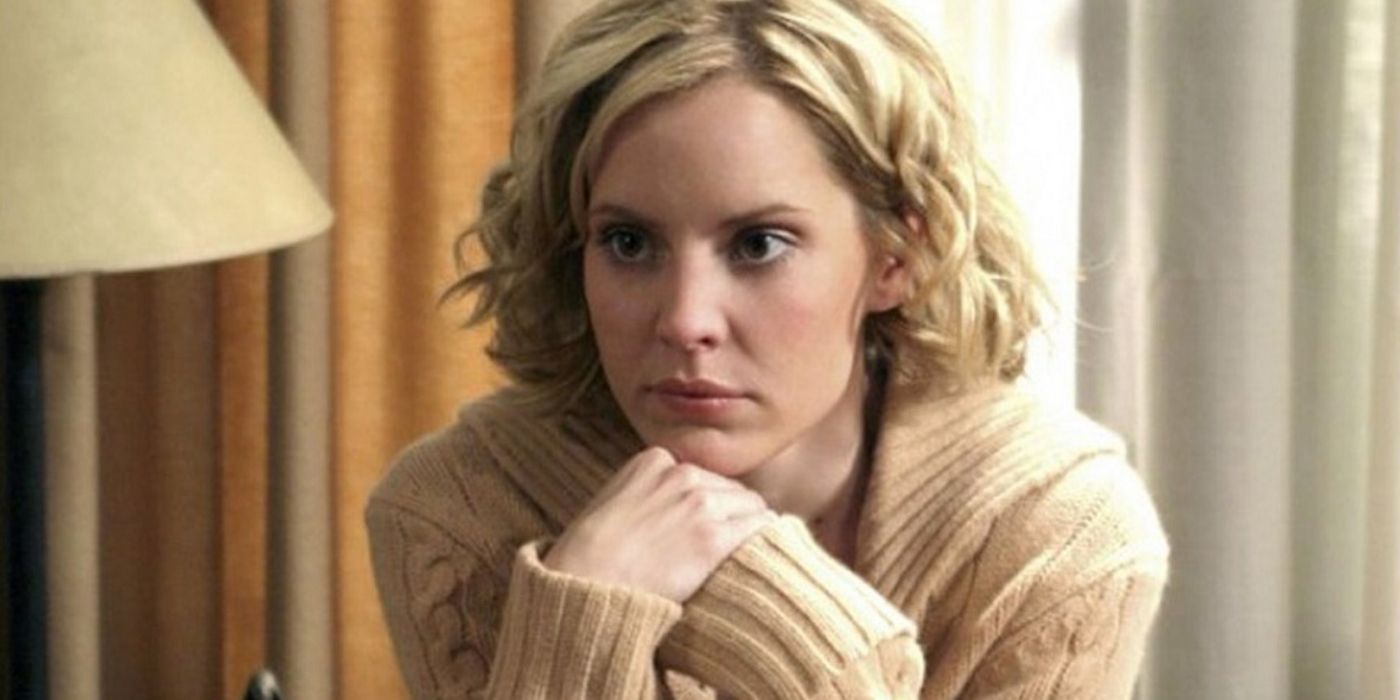Emma Caulfield Ford, who memorably played Anya on Buffy the Vampire Slayer, reflects on not allowing Joss Whedon to define her experience with the show. As one of the relatively few main cast members of the seminal teen drama, Caulfield Ford left an indelible impression as the former vengeance demon Anya Jenkins. Her struggles to adapt to humanity gave the later seasons some of its funniest moments, but also a few of its most poignant. This was the case with Anya's heartwrenching monologue in the Buffy episode "The Body" following the death of Buffy's mother, Joyce Summers.
In the past few years, fans of series creator Whedon have been grappling with detailed allegations of his toxic behavior while on the set of Buffy and its spinoff Angel. Spurred by actress Charisma Carpenter, who offered new details about a disturbing interaction with Whedon, many more Buffy alums and crew members spoke out about their negative encounters with the writer-director. This includes Caulfield Ford, who posted in support of her former co-stars.
Still, in a new Vanity Fair interview, while sharing her MS diagnosis and revealing her return as Dottie in Agatha: Coven of Chaos, Caulfield Ford made clear she won't let Whedon taint her positive memories of Buffy the Vampire Slayer. At first, when asked about the show, the actress says it was only a job. But when given the chance to elaborate further, Caulfield Ford's fondness for Buffy becomes evident ― a fondness that she won't allow Whedon to define. The exchange is included below.
What’s your relationship with and feeling about Buffy the Vampire Slayer these days?
I don’t have a feeling about it. I mean, it was a job.
It was such a big part of your career and life.
Yeah, it was. It helped me buy my first home. I made some lifelong friends there. I got to play someone super ridiculous, which was really fun. It allowed me to discover that I could be funny. I mean, not dry Emma sarcasm, but actually get a line and go, “All right, I’m going to tweak it to this,” make it something completely weird that makes people laugh. That was something very fun for me to realize that I could do. I think I’ve honed that skill pretty well at this point. All the stuff with Joss and all those revelations? Like, yeah, we all knew that. It’s like, “Oh, that’s out now? Great. Phew.”
Does that complicate your feelings about the show?
Not at all. Everything about what worked about that show worked. It’s in the vault. You can’t go back and look at it and go, “Well, fuck that show because of Joss.” Why? I don’t want to waste my time right now talking about Joss Whedon. I have spent so long talking about that man and I do not wish to continue to talk about him.
All good. That’s totally fine.
Let him go be him somewhere else. I’ve taken everything great from that time of my life.
Buffy's Success Was About More Than Joss Whedon
Whedon created what is unarguably one of the best and most influential shows of all time. Whedon also horribly abused his power, in part because he was emboldened by the cache of what he created. Different fans will reconcile those facts in different ways. But as Caulfield Ford states plainly, Buffy was about more than just him. All the actors, all the crew members, and all the devoted viewers that helped make the show what it was during the 1990s when online fandom was in its infancy have kept the show vital in the many years since it ended. Celebrating that means stepping away from the idea that one man is solely responsible for the legacy.
That sort of separation is understandably more difficult for those that had direct run-ins with Whedon. Caufield Ford takes an admirable view of it nonetheless. In a lot of ways, Buffy the Vampire Slayer was just a job. She's choosing to remember the good parts of it, like how she got to play the unforgettable Anya, a character that is still emulated and referenced across pop culture today.
Source: Vanity Fair


